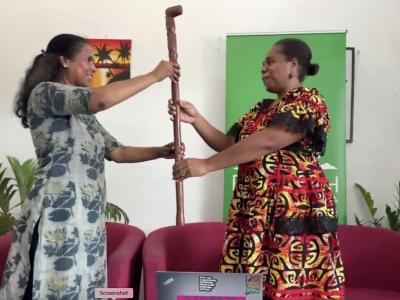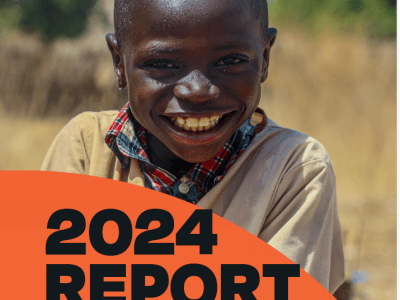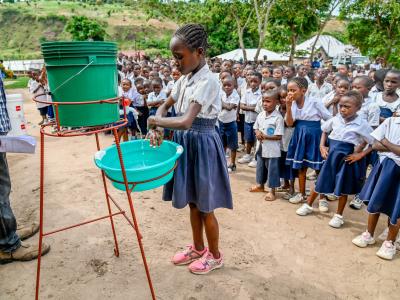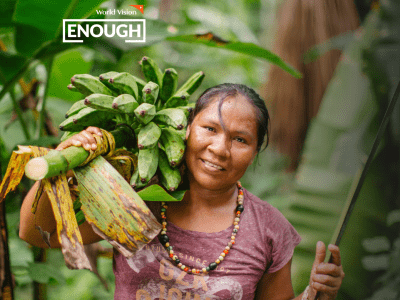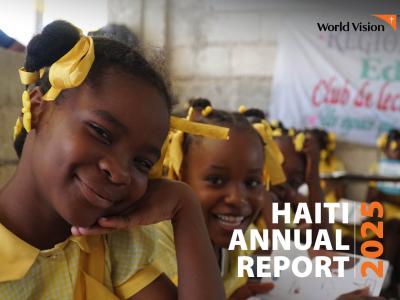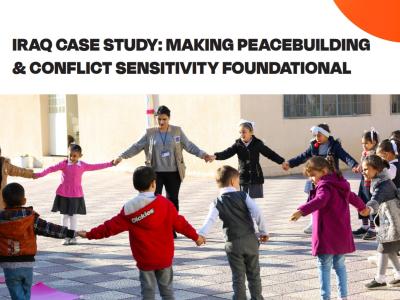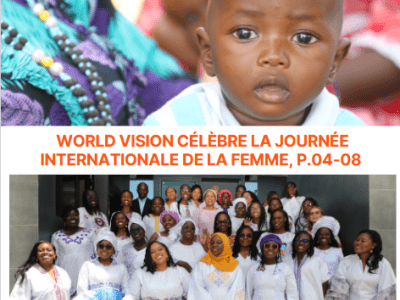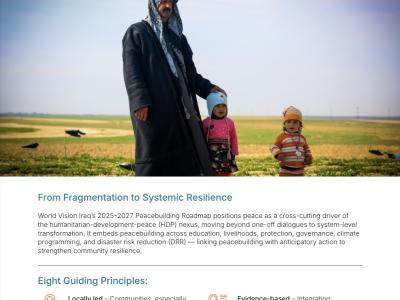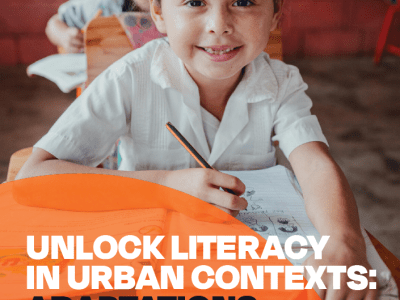article / January 19, 2026
REACH Family Centre Takes Flight as an Independent NGO in Vanuatu
REACH Family Centre takes flight as an independent local NGO in Vanuatu dedicated to ending family violence. Explore their holistic approach to safety and counselling, that started from the "Men Be the Change" initiative.
publication / October 4, 2025
World Vision Senegal Annual Report 2024
The 2024 Annual Report presents World Vision Senegal's main achievements.
More than 4.7 million children have been impacted by World Vision's interventions.
article / January 26, 2026
DR Congo - Kalemie: Handwashing, the First Line of Health Protection at School
World Vision improves hygiene in Kalemie schools with handwashing stations, latrines, and behaviour change, helping pupils stay healthy amid recurrent cholera.
publication / October 15, 2025
The Climate Crisis is a Hunger Crisis: Filling the Policy Gap
This briefing begins from a simple but urgent truth: climate policy that leaves children out is a failed
policy. If we are serious about tackling the climate emergency
publication / February 6, 2026
World Vision Haiti Annual Report 2025
World Vision Haiti’s annual impact report highlights how we protect children, respond to crisis, and build resilience in vulnerable communities.
publication / October 23, 2025
Iraq Case Study: Making Peacebuilding & Conflict Sensitivity Foundational
This case study demonstrates how World Vision Iraq has reframed peacebuilding as a cross-cutting driver of the Humanitarian–Development–Peace Nexus.
publication / April 14, 2025
Senegal Newsletter - March 2025
World Vision Senegal's quarterly newsletter, January to March 2025.
publication / October 1, 2025
PEACEBUILDING ROADMAP 2025–2027 | Violence Prevention and Social Cohesion Strategy Summary
World Vision Iraq’s 2025–2027 Peacebuilding Roadmap positions peace as a cross-cutting driver of
the humanitarian-development-peace (HDP) nexus, moving beyond one-off dialogues to system-level
transformation. It embeds peacebuilding across education, livelihoods, protection, governance, climate
programming, and disaster risk reduction (DRR) — linking peacebuilding with anticipatory action to
strengthen community resilience.
publication / January 8, 2026
Unlock Literacy in Urban Contexts: Adaptations, Lessons, and Implications
Unlock Literacy boosts children’s reading in fragile urban settings through flexible, inclusive models, local partnerships, and adaptive learning approaches.
